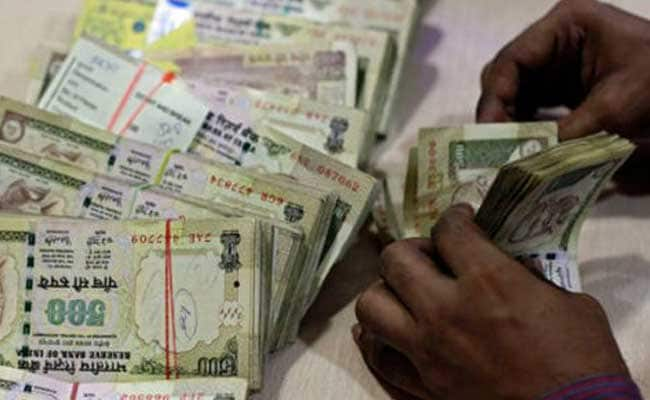
The government has said that it is sticking by the end-of-the-year deadline for depositing the 500 and 1,000-rupee notes that were banned earlier this month. The outlawed notes must be submitted to bank branches before they close on December 30. Those who have black money have a new chance to make the disclosure and hold onto 50% of the amount. The government's new proposal on how to tax black or undeclared money was cleared today by the Lok Sabha, where the government is in a majority, which virtually guarantees it will become a law.
Here is your 10-point guide to this big story:
All old 500 and 1,000-rupee notes must be deposited by the end of the year. Deposits over 2.5 lakhs in an account will be studied by tax officials. So far, nearly 90 billion dollars of the old notes have been placed in banks.
The government says that black money that is now disclosed in accounts will be taxed and penalized at 50% of the amount.
Of the rest, 25% will be used by the government for four years in a special new fund that will be called the Pradhan Mantri Garib Kalyan Yojana and will be used to pay for irrigation and other infrastructures. No interest will be paid to the owner for this amount during the four-year lock-in.
The remaining 25% of the disclosed amount will be available for immediate use to the owner.
If the owner refuses the option of the government bond mentioned above, 85% of the amount will be taken in taxes and penalties.
For black money that is not declared and is detected by officials, taxes and penalties will take nearly 90 per cent of the amount, leaving 10 per cent with the owner.
The new proposal was brought to the Lok Sabha yesterday by Finance Minister Arun Jaitley and was approved despite chaos caused by the opposition, which says demonetization and the resultant cash crunch is punishing not the rich, but the poor, especially in rural India, which is excluded from banking and digital transactions.
Because the proposal is a Money Bill, the Rajya Sabha or Upper House, where the government is in a minority, cannot demand changes. It can only make suggestions which the Lok Sabha is not obliged to consider.
The opposition has objected to the proposal not being put to a debate in the Lok Sabha and it could not ask for amendments or changes.
The winter session of parliament has been largely stalled so far with the opposition adamant that Prime Minister Narendra Modi must explain to them his shock withdrawal of high-denomination notes. The government has said that the PM will speak during the debate "if needed" but that he is not required to attend the entire proceedings and offer a reply at the end.

